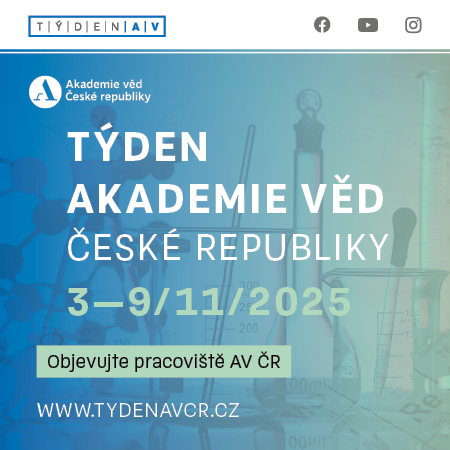Daily Events
14:00 | Room 402 | Macro Research Seminar
Gisle James Natvik (BI Norwegian Business School) "The Inflation Tilt Effect"
BI Norwegian Business School, Norway
Abstract: When higher inflation pushes nominal interest rates up, mortgage payment schedules become more front-loaded. This is the inflation tilt effect. Using Norwegian micro data, we quantify the magnitude and distribution of tilt effects across households, and estimate the extent to which they impact saving. Tilt effects are large among young and middle-aged households with high debt and high income, and pass through to their saving. We estimate that for every dollar that inflation increases scheduled current mortgage payments, households increase their real saving by 70 cents on average. We assess the welfare consequences of inflation tilt effects within a heterogeneous-household life-cycle model with adjustable-rate mortgages and borrowing constraints. The model implies that higher inflation makes constrained households with large mortgages gain wealth, but lose welfare, as they are forced to save more.
15:00 | Special Event
Week of the Czech Academy of Sciences
We cordially invite you to attend the public lectures presented by our researchers during the Week of the Czech Academy of Sciences.
Program:
15:00 - 15:45 | Miroslava Federovičová: Lost Einsteins: What We Know — and Don’t Know — About Quantitatively Gifted Students (in Czech). Registration recommended.
Talent is a potential that should be nurtured — not only in children with ideal backgrounds, but also in those whose abilities might otherwise go unnoticed. How many quantitatively gifted students are there in the Czech Republic, and how do we compare with the rest of Europe? How well are schools able to identify and support them? Using international assessments (such as PISA and TIMSS) and the latest research findings, this lecture maps who these students are, what characterizes them, and where support systems succeed — or fail. We will discuss the identification and characteristics of gifted students, possible policy measures, and show where the Czech Republic stands compared to other European countries, as well as what concrete steps could help uncover more of the “lost Einsteins.”
16:30 - 17:15 | Jan Zápal: What Markets Can — and Can’t — Do (in Czech). Registration recommended.
How do markets actually work when you try them out yourself? We’ll simulate a small “market environment” and experience firsthand how prices are formed, how supply meets demand, and how the strategies of individual participants come into play. You’ll see that markets sometimes work surprisingly efficiently — and other times they fail. Together, we’ll discuss what our experiment reveals about the real world and how factors such as imperfect information, unequal bargaining power, or limited rationality influence market outcomes.
18:00 - 18:45 | Achim Ahrens: The Economic Integration of Refugees (in English). Registration recommended.
In many European countries, refugees face significant challenges in the labor market: they are less likely to be employed and often earn lower wages than other immigrants or native workers, even years after arriving. In Switzerland, for example, only about one in three refugees is in stable employment after five years. This lecture uses Switzerland as a case study to explore the social and labor policies that shape refugees’ opportunities, highlight the latest research on these issues, and present possible solutions, including an online job-matching platform.










